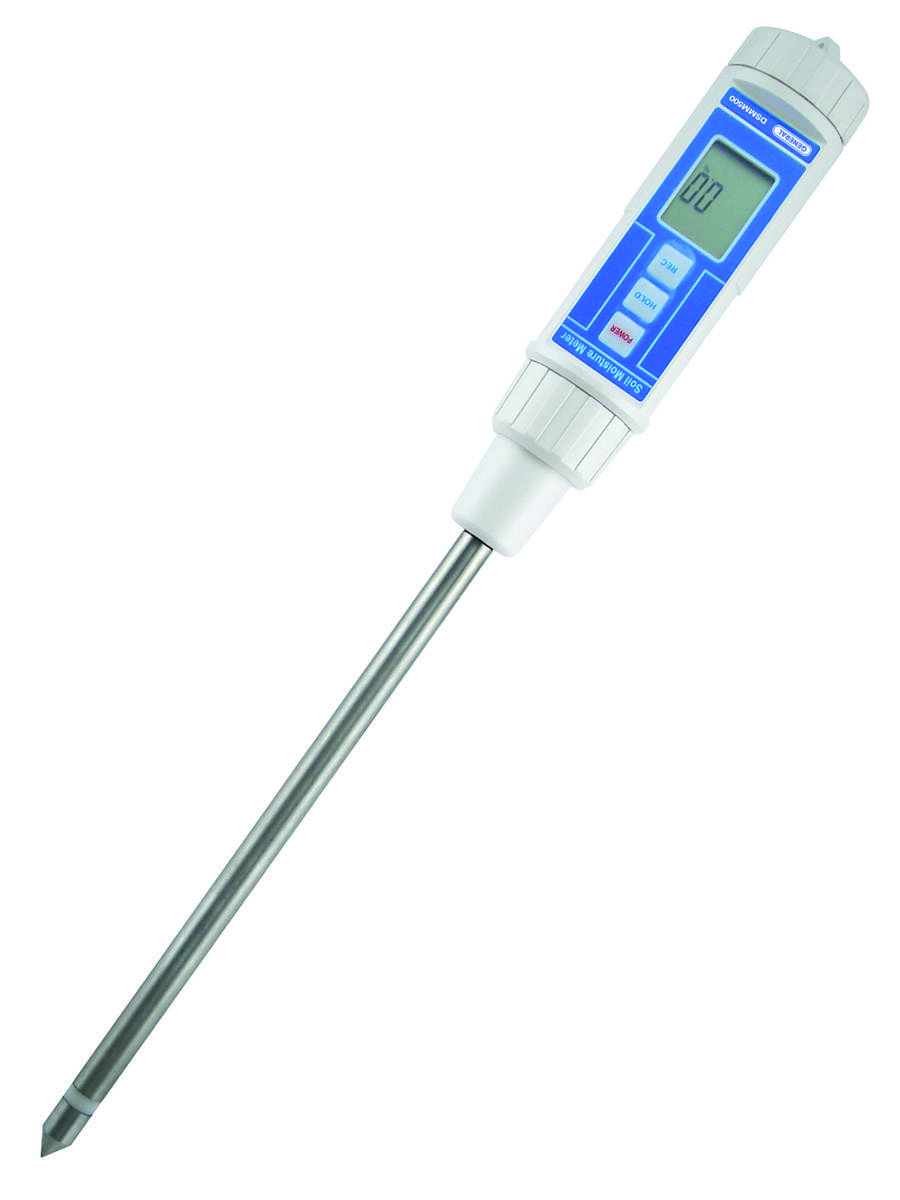The Ultimate Overview to Picking the Right Moisture Meter for Your Demands
Wiki Article
The Ultimate Guide to Moisture Meters: A Comprehensive Summary and How They Can Conserve You Money
Wetness meters offer as important devices in discovering and monitoring moisture content in products, assisting in avoiding expensive problems and ensuring the high quality of items. Comprehending the subtleties of various kinds of moisture meters, their applications, and the prospective cost-saving advantages they offer can be a game-changer for specialists and businesses alike.Sorts Of Wetness Meters
Different sorts of dampness meters are readily available for different applications in various markets. One common type is the pin-type wetness meter, which determines the electric resistance in between 2 pins placed right into a product. This kind appropriates for timber, drywall, and various other structure materials. Pinless wetness meters, on the various other hand, usage electro-magnetic sensing unit plates to check a bigger location without triggering damages to the product's surface area. Moisture Meter. These meters are excellent for promptly analyzing dampness degrees in huge locations such as walls and floorings.
Moreover, there are also specialized wetness meters developed for particular materials like grain, hay, or dirt. These meters supply precise moisture analyses tailored to the unique residential or commercial properties of the material being checked. Infrared moisture meters gauge the thermal residential properties of a material to establish its dampness content non-invasively, making them valuable for applications where pin or pinless meters may not appropriate. Comprehending the different kinds of moisture meters readily available can help markets choose the most suitable device for their certain dampness dimension demands.

Advantages of Using Wetness Meters
Dampness meters provide vital benefits in precisely evaluating and keeping an eye on moisture levels in varied products and atmospheres. One of the primary benefits of using dampness meters is the prevention of potential damages triggered by excess moisture.
Additionally, making use of dampness meters can bring about enhanced power performance. By determining areas with high dampness degrees, such as leaks or inadequate insulation, modifications can be made to improve power preservation and reduce energy prices. In agricultural setups, wetness meters play an important role in maximizing crop returns by allowing farmers to monitor dirt moisture degrees and make informed watering decisions. On the whole, the advantages of making use of wetness meters extend across numerous markets, supplying economical solutions and advertising better quality assurance practices.
How to Pick the Right Wetness Meter
When picking a wetness meter, it's necessary to make certain that the meter is appropriate for the particular material you will certainly be screening. Different products have differing electrical buildings that can impact moisture analyses, so choosing a meter designed for your product is critical for precise results. By carefully reviewing these aspects, you can choose a dampness meter that satisfies your requirements and gives precise moisture dimensions for your jobs.Correct Methods for Moisture Meter Use

Expense Savings Through Wetness Meter Applications
How can the tactical application of dampness meters lead to significant cost financial savings throughout numerous sectors? Dampness meters play an essential role in expense financial savings by avoiding prospective damage and making certain quality assurance in different industries. In the farming industry, wetness meters aid in figuring out the optimum time for harvesting crops, protecting against excess or over-drying dampness that can affect the end product's top quality. This specific monitoring aids farmers stay clear of unnecessary losses and maximize their yield.
Similarly, in building, wetness meters help here are the findings avoid pricey damages by discovering dampness levels in building materials, such as wood or concrete, which can result in structural issues if not resolved without delay. By determining issue areas early, contractors can take corrective actions to stay clear of considerable fixings or replacements, ultimately saving time and money.
In addition, in the food processing market, wetness meters are essential for checking product high quality and guaranteeing compliance with safety policies. By accurately anchor determining wetness web content in food items, makers can protect against putridity, keep quality, and lower waste, leading to significant price savings. Overall, the strategic application of dampness meters is a useful investment that can bring about substantial cost reductions and boosted effectiveness throughout various sectors.
Verdict
To conclude, moisture meters are beneficial tools for determining and detecting dampness degrees in different materials. By using the appropriate wetness meter and adhering to proper methods, customers can properly prevent pricey damages brought on by excess wetness. Buying a high quality moisture meter can cause considerable price savings in the future by recognizing possible concerns beforehand and making it possible for timely remediation. Eventually, moisture meters are vital instruments for preserving the integrity and long life of structures and materials.Wetness meters offer as indispensable tools in identifying and monitoring moisture content in products, aiding in preventing expensive damages and making sure the high quality of products. Infrared wetness meters gauge the thermal homes of a material to identify its dampness content non-invasively, making them helpful for applications where pin or pinless meters might not be ideal.Wetness meters use important benefits in accurately assessing and monitoring wetness degrees in varied materials and atmospheres. In farming setups, moisture meters play a critical function in enhancing plant returns by enabling farmers to keep an eye on dirt wetness levels and make educated irrigation choices.In conclusion, moisture meters are important tools for detecting and determining dampness degrees in various products.
Report this wiki page